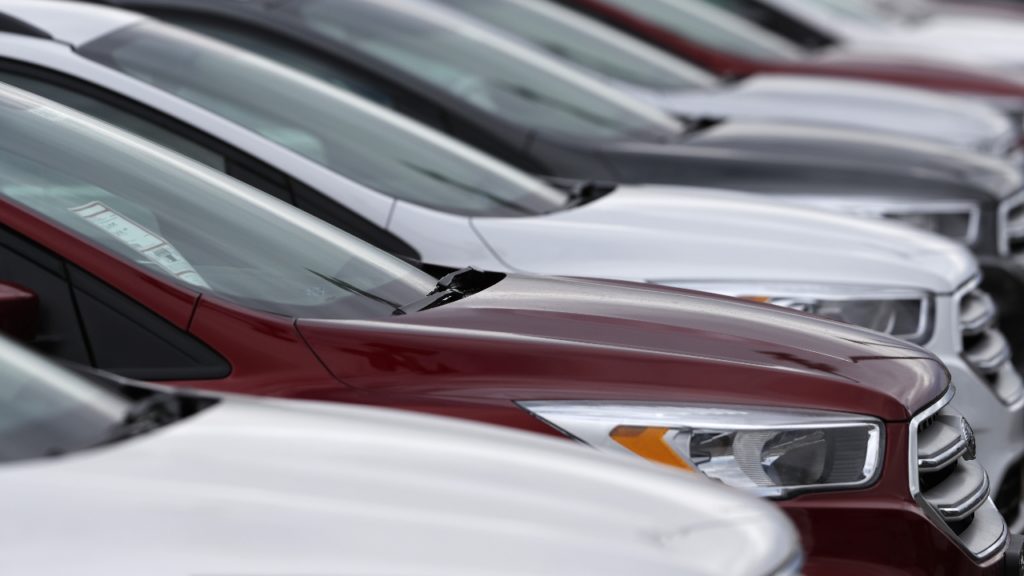DENVER – A bill to exempt manufacturers of all-electric vehicles from rules requiring them to only sell through a system of independent franchise dealers died in 35-30 vote before the Colorado House on Wednesday.
As the law currently stands, Tesla is the only manufacturer with the ability to sell directly to consumers. That’s all due to a loophole the company took advantage of back in 2010. More on that in just a bit.
We’re all familiar with having to strike an agreement on the purchase of a new vehicle, or even ordering a new vehicle, through a dealership in our community or even online.
HB19-1325 called for manufacturers that only make all-electric vehicles, with at least 4 wheels, to sell directly to their customer from business locations in our communities. The provision about only making all-electric vehicles is important, as it excludes any company that may make an all-electric vehicle, yet still makes hybrids or combustion-only engines. The bill failed on the third vote and failed on a reconsideration vote.

The exemption provided by a 2010 law was originally put in place for a bus manufacturer in Colorado who conducted business-to-business sales, it also grandfathered in existing stores. At the time, Tesla had a location in Boulder. The company currently operates several service centers in northern Colorado while the law allows for just one location where sales can take place.
Sponsors of the bill, Representative Chris Hansen (D-Denver) and Representative Hugh McKean (D-Larimer), argue the market should be opened to allow other manufacturers of existing and future vehicles to move into the Colorado market. They further argue only allowing one company access is unfair.
Last year, all-electric vehicles accounted for 1.5% of all sales in Colorado, which is ahead of the national average of 1%. So far, about 7,000 all-electric vehicles have sold in Colorado for 2019.
A representative of automaker Rivian told a House committee the change would allow them to sell at a lower cost to consumers without the burden of a dealership network and bring potential customers cars and trucks they want to buy. Full disclosure: Rivian is a direct rival to Telsa, and backed by Amazon and Ford.

Critics expressed concern that cutting dealers out of the mix would negatively impact customers as they wouldn’t have a local representative to visit when their vehicle requires service or for other problems. Dealers also spoke about a possible economic ripple effect, in the form of job losses, if all-electric manufacturers gained an unfair advantage over traditional dealers.
Automotive dealer John Medved told lawmakers he’s seen new automakers make promises for decades in Colorado. Undelivered promises he said colleagues were left to clean up when those companies failed to gain a foothold. Instead, he recommends the manufacturers of all-electric vehicles reach out to existing dealers for franchise agreements.
Earlier this year, Tesla announced plans to close most stores across the globe with a shift to online-only ordering. It’s a move to cut costs in local sales efforts and in the amount of money the company spends lobbying states to allow direct to consumer sales.
If the bill had passed, Colorado would have joined 10 states that currently do not limit direct sales. 11 states currently have a total ban on direct sales.
RELATED:
AAA study: Electric vehicles range cut by 41 percent in cold temperatures
Electric co-op in Pueblo County encourages switch to electric vehicles
